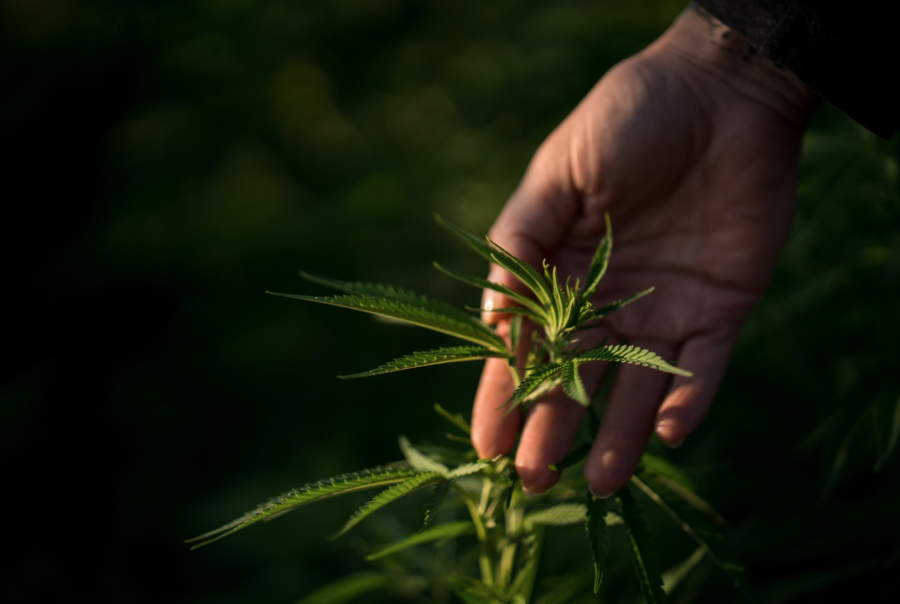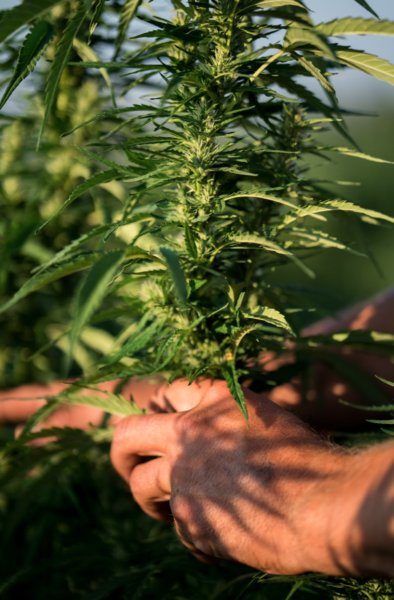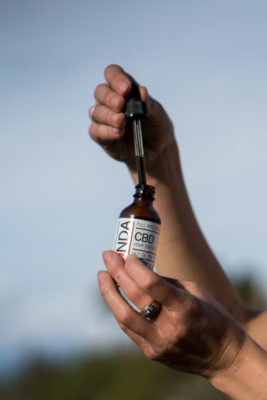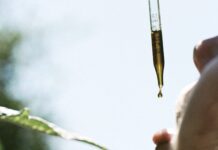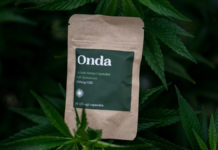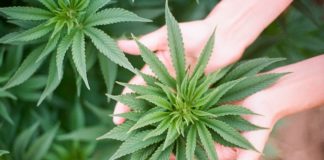By Erin Willis
As many of us have experienced, the cannabis industry is full of confusing and sometimes opposing information. No wonder! At this time, there are no standardized educational or qualification systems in place to support well-rounded, well-researched cannabis information. With this comes murky, misinformation we often rely on to help us choose and consume CBD plant medicine.
Here are three of the most common statements we have come across that could use a closer look.
Misleading Statement #1
Hemp-derived CBD products are only derived from hemp seeds and stalks.
From the article, ‘What’s The Difference Between Cannabis CBD and Hemp CBD?’ found here, the influential blog explains how hemp-derived CBD differs from cannabis-derived CBD, “Industrial hemp is derived from the hemp seed and stalk instead of the leaves and flower. In other words, it’s lacking the other components found in cannabis CBD.”
According to the California Health and Safety Code (HSC) Section 11018.5’s definition of industrial hemp:
“Industrial hemp” means a crop that is limited to types of the plant Cannabis sativa L. having no more than three-tenths of 1 percent (0.3%) tetrahydrocannabinol (THC) contained in the dried flowering tops, whether growing or not; the seeds of the plant; the resin extracted from any part of the plant; and every compound, manufacture, salt, derivative, mixture, or preparation of the plant, its seeds or resin produced therefrom.
This definition, that was also adopted by the California Food and Agricultural Code (FAC) Section 81000(d) for further regulation, states that industrial hemp includes all parts of the hemp plant, making the hemp-derived CBD not just available from the hemp seeds and stalks, rather the entire plant (including the flowers) if the manufacturers decide to do so.
Another point that is necessary to make is that some industrial hemp plants are female, making the extraction of CBD from hemp seeds (male parts) virtually impossible when dealing with female plants.
We believe the writer of this article meant to distinguish between hemp seed oil and flowering hemp oil. There is a difference between these oils and both provide different health benefits. One is more nutritional (hemp seed oil) and extracted from the seeds, while the other is more medicinal (hemp oil) and is extracted from the flowers. It is wise when looking for a medicinal hemp-derived CBD product that you make sure the oil was not extracted from hemp seeds.
Misleading Statement #2
No one is checking to make sure [hemp-derived] products are free of suspicious and toxic ingredients.
The second part of the misleading statement is as follows: “There hasn’t been any regulation of industrial hemp—so no one has been checking to make sure these products are free of suspicious and toxic ingredients like pesticides, residual solvents, heavy metals, bacteria, and other contaminants.”
While this sentiment is worth considering, it is still a statement that does not include the entire story, which has left some customers wondering what CBD brands are safe to consume. This statement, coming from a cannabis dispensary blog, hurts the integrity of hemp-derived CBD companies that are paving the way for clean, lab-tested, and ethically sourced hemp products.
ONDA Wellness products are third-party lab tested to ensure our products are clean of any suspicious or toxic ingredients. We are always willing and able to share this information with you.
Misleading Statement #3
Did you know CBD has no psychoactive effects at all?
We found this under #CannaFacts on a popular CBD brand, and although we understand intentions are well-meaning, it’s important to know as the consumer that CBD does have psychoactive effects. According to the Merriam Webster dictionary, the medical definition of psychoactive is “affecting the mind or behavior”. Simply put, CBD is ultimately psychoactive, it’s just not intoxicating like THC is.
Here is the why and how:
The phytocannabinoid tetrahydrocannabinol (THC) and our own endogenous cannabinoid, anandamide, both bind to and stimulate the brain’s CB1 receptors; explaining the intoxicating effects THC has when consumed. Studies are currently taking place on just how these two molecules altering our mood, pain sensations, appetite, sleep, and our ability to “tune out” and forget.
However, here’s where it gets interesting. When CBD is in our system, it delays the degradation of anandamide by slowing down the reuptake of the enzyme fatty acid amide hydrolase (FAAH). The FAAH enzyme is what quickly and naturally breaks down natural-occurring anandamide. So if CBD increases anandamide levels, it is indirectly affecting the CB1 receptors and altering our mood, pain sensations, appetite, sleep, and our ability to “tune out,” or forget.
This biological mechanism can explain why so many consumers report the relaxation and calming effects of CBD, and why so many use CBD as an anti-anxiety remedy. So while not intoxicating, CBD does help to alter mood and behavior. The definition of psychoactive.
Misleading Statement #4
You’re only absorbing 12-36% of a lipid-based CBD tincture.
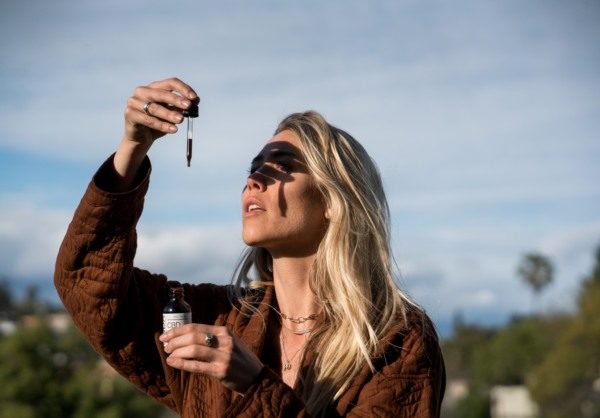
We gathered this statement from another influential cannabis blog. However, the source of the link does not provide us with information claiming the above statement. To us, this is misleading information that directly affects the outcome of a consumer’s decision-making process.
Since we want to empower our customers with the tools you need to make your own decisions, here is an in-depth article on bioavailability and dosing methods we found useful. The main takeaway with dosing and bioavailability is that research is still in its infancy and we don’t have a definitive answer on exactly how much is being absorbed.
However, we find it more useful to listen to your own body and feel for your desired effects. Taking note of what brand you’re using, the dose you took, and using what method (inhaled, topical, lipid-based oral, etc.) will help you decide what product and dose is best for you.
Closing Thoughts
We are not here to look down on any other CBD or cannabis company. We love this community and we love that you have a plethora of options on what products to use and trust. However, following misleading information can ultimately affect your ability to heal. We believe that every consumer deserves correct information regarding cannabis and hemp, and for us to help guide you through is exactly why we’re here.
For any questions regarding cannabis and hemp information, please email us directly at order@ondawellness.com.

